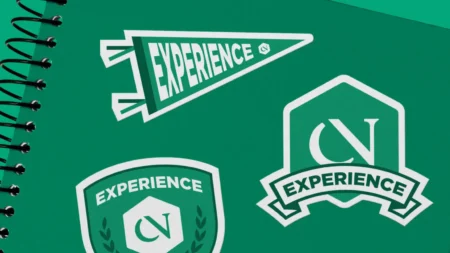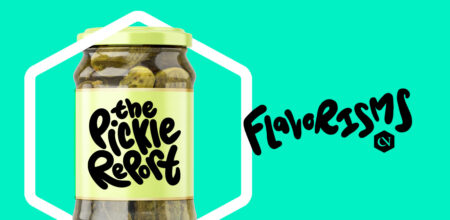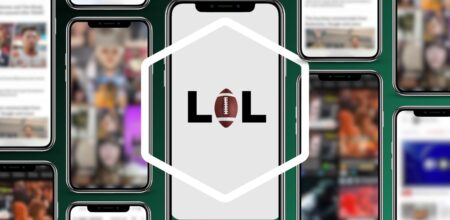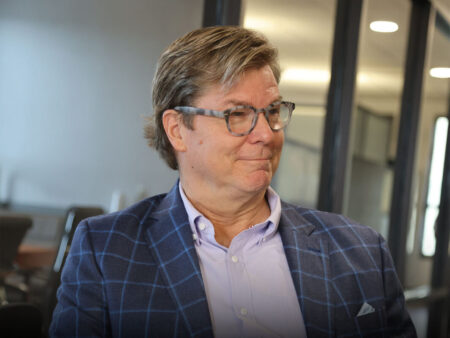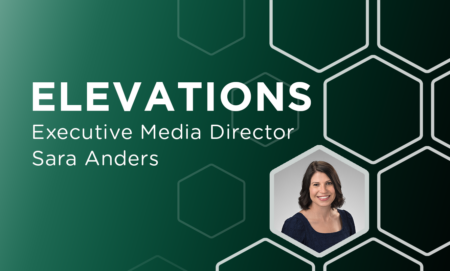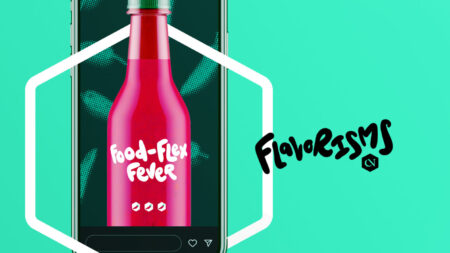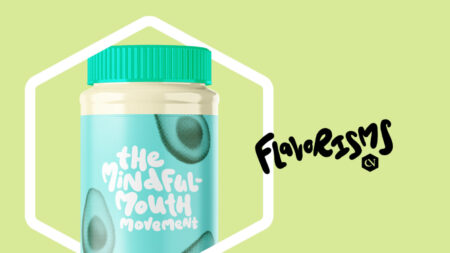Defining a personal brand is not as easy as it first seems. That’s probably because we are not as accustomed to describing our narratives as we are living them.
Projecting a personal brand comes in many forms, from interacting with peers, other executives and mentoring direct reports to honing a curriculum vitae or LinkedIn profile.
A key challenge is distilling so much about a life perspective into one statement.
This reminds me of the story about the Egyptian Pharaoh who directed an advisor to sum up all economic policy and wisdom into a single sentence. The advisor’s response was “There’s no such thing as a free lunch” — which itself could be someone’s personal narrative.
My personal narrative would have to be the virtue of efficiency, or something like that. This sounds a tad mechanical and impractical because life is complex and messy. Then again, cutting a direct path is often the best way to traverse a thicket.
I tend to approach most situations and challenges by first asking rhetorically, “What is the best, most effective way of proceeding?” This is an editor’s mindset, and there is no coincidence that I have been a writer and editor since high school. In journalism school at UNC Chapel Hill, we were taught to be frugal with language. To shoehorn an article into the space allowed, cut unnecessary words like you would cut gristle from a steak. No more than 35 words in the lead of a news story. Why use two words when one will do?
It was not unusual to get an assignment back with remarks to the effect of: “Nice work. Now cut the word count in half.” In addition to much tighter copy, that mandate delivers surprising clarity of thought and intent. The audience, no matter who it is, always appreciates the effort.
I tend to follow a shortlist of maxims in life, some of which have been borrowed from the editing process:
- Be direct whenever possible, because people appreciate candor.
- Avoid clichés because they are a clear sign that you really don’t have anything to say, don’t know what to say or how to say it.
- Honor deadlines because that reflects being reliable and trustworthy.
- Tell the truth from the start, because it’s a lot easier to remember the details than if you lie or exaggerate (a frequent lesson for my children when they were young).
- Listen before opening your mouth, because someone else may say what you are thinking, or better yet, have a better idea.
- Set an agenda and stick to it.
These and other guidelines are basically editing techniques for living, which have enabled me to focus my time and energy on what is important. And in the process, they help me establish and maintain a personal brand.
What are the editing techniques you use for life? The answers will offer invaluable insight toward helping establish and communicate your personal brand. You can see the results of some of my editing techniques in these blog posts here and here.


